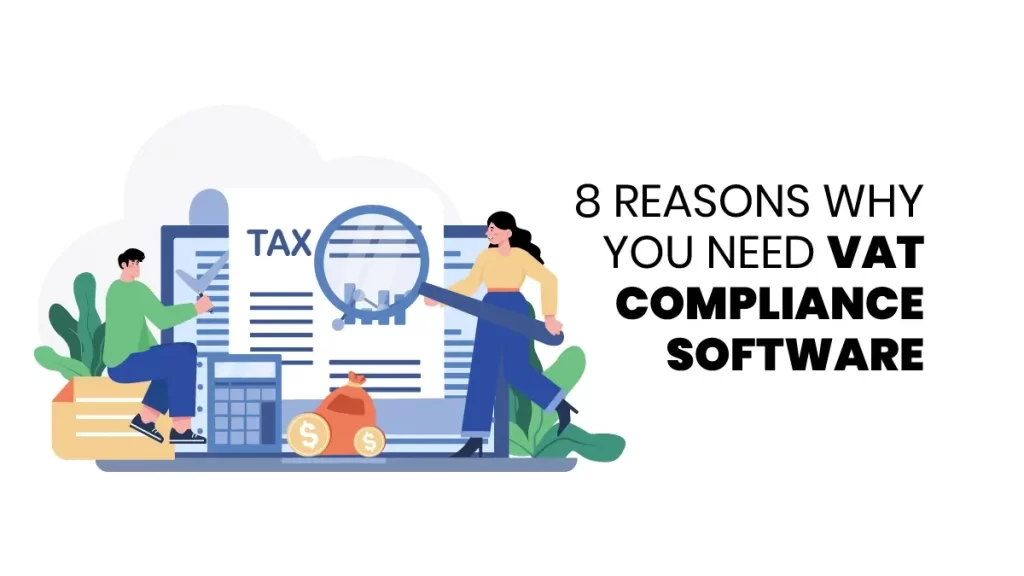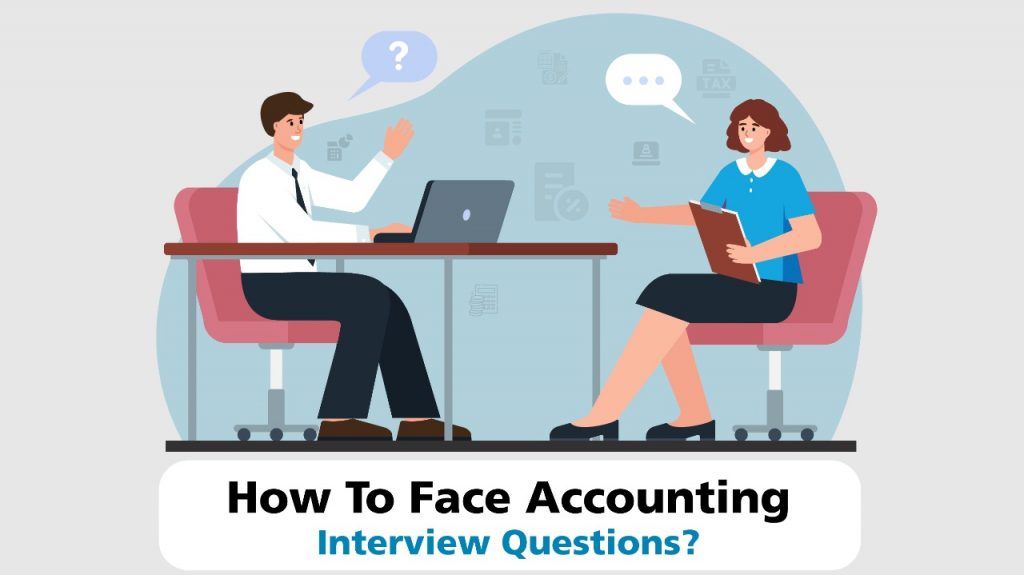HMRC has different ways for you to follow the new making tax digital rule starting in April. You can either give your data to a tax adviser using a USB stick, utilize specialized spreadsheets that connect to HMRC online, or get a special software to help with your taxes. People and businesses are still deciding which way works best for them. It’s necessary to think about what you need before choosing an option. VAT compliance software simplifies and automates the handling of VAT regulations, offering businesses an efficient way to manage tax requirements effortlessly.
Not all compliance options will be a good fit for your business. The best choice for you depends on how complicated your VAT compliance software process is and other relevant factors you must take into account.
Do you anticipate any changes to your VAT process in the near future? Does your current VAT compliance software process align with the digital advancements in other areas of your finance function? Could implementing Tax Digital be a catalyst for broader improvements in your working practices and technology? Or do you need access to the data within the tax process to make better business decisions?
Understanding your objectives for the making tax digital process and any long-term goals related to increasing efficiency and reporting accuracy will help you make an informed decision on the compliance option to pursue. To assist you in evaluating what matters most, we have compiled a list of the top eight reasons why a compliance software platform might be beneficial for you.
8 Reasons for using VAT compliance software
Let’s read the importance of using VAT compliance software and reasons for why need to use;

1. Saves time and effort
Using technology to collect, organize, and handle tax data can make dealing with VAT requirements much more accessible. For instance, we recently assisted a company in decreasing the time spent on manual tasks by 28 days each quarter for their 18 VAT-registered entities.
2. Automates complicated calculations
Some businesses have to deal with tricky calculations regarding VAT compliance software, like the Partial Exemption Special Method (PESM), aiding in error prevention and maintaining clear digital records.
3. Reduces spreadsheet errors
Studies have shown that up to 88% of spreadsheets contain mistakes. By moving away from relying on spreadsheets for data management, you’ll have fewer data points to handle and a lower risk of errors. Automation features like filtering, allocation, and checking make manipulating data easier.
4. Simplifies error detection and correction
Utilizing compliance software enhances process confidence by automatically checking data as it enters the system and highlighting any irregularities. This speeds up the review process and allows the tax team to address flagged items promptly.
5. Enables data analysis
Comparing data from different periods allows you to gain insights into daily business operations, make more accurate predictions, and compare actual liabilities or repayments to expected amounts. This valuable information can help you plan and adjust business strategies accordingly.
6. Creates a clear electronic trail to show you are following the rules
By digitally connecting the process, you can easily respond to any questions from HMRC quickly and efficiently.
7. Protects your business from future changes
Having the right technology in place enables you to demonstrate that you follow MTD rules and correctly calculate taxes. It would help if you also were prepared to adapt to any changes made by HMRC to the MTD for VAT regulations.
8. It makes it easier to get accurate tax information
Tax technology is moving towards using a shared data set for all tax calculations. Instead of creating each tax return from the beginning every time, tax teams can use this shared data pool to handle real-time reporting needs. This shift is already happening, like with Making Tax Digital (MTD) for corporation tax. HMRC has a long-term plan where they want “all taxes to be handled through one digital account, with easy processes,” similar to what we see in MTD for VAT.
A UAE VAT course can significantly enhance your career prospects across GCC countries. Acquiring practical insights into VAT through the course facilitates more straightforward navigation of intricate tax processes for businesses. Finprov provides tailored courses suitable for a diverse range of individuals, from recent graduates to seasoned professionals. Our courses equip you with essential skills for swiftly securing rewarding positions, complemented by valuable placement support for our students.
Our UAE VAT course covers essential topics such as the basic principles of VAT and its operational details, a comprehensive overview of the VAT registration process, the impact of VAT on import and export businesses, a detailed exploration of invoicing and documentation requirements, a solid understanding of VAT compliance and filing responsibilities, proficiency in accounting entries, effective recordkeeping practices, and insights into potential penalties. Being proficient in these areas opens up various career opportunities, including VAT Executive, VAT Consultant, Finance Manager, Senior Accountant, Tax Executive, VAT Expert, Billing Clerk, Sales Accounting Manager, or various administrative positions.





